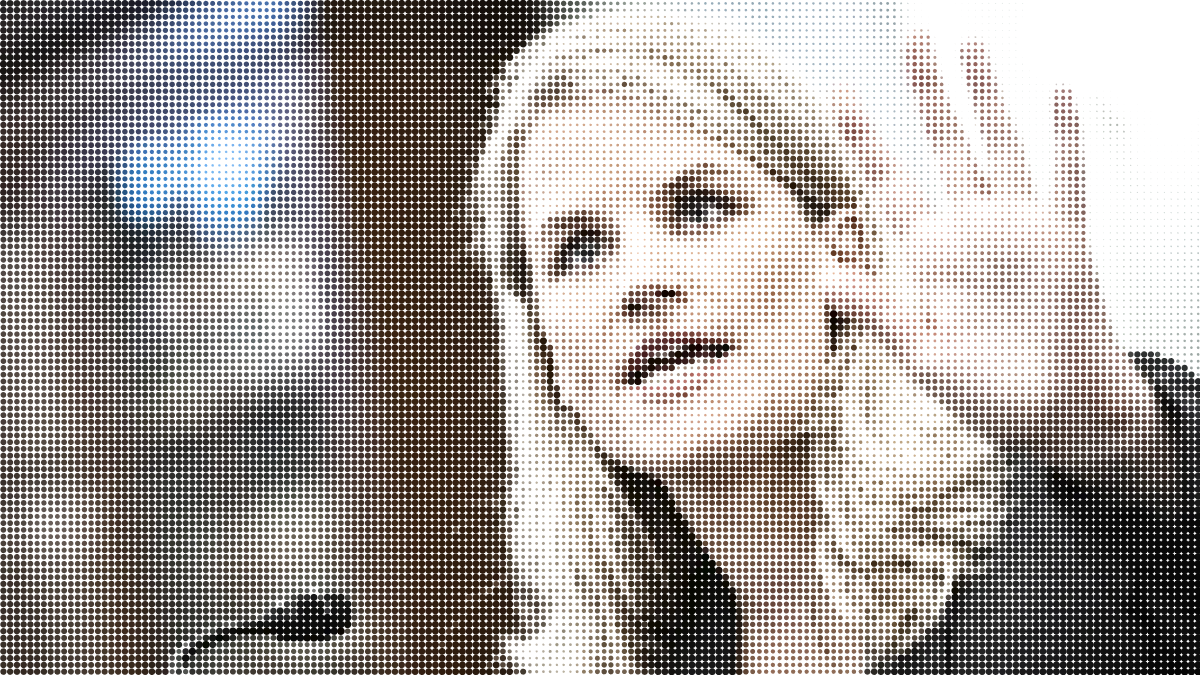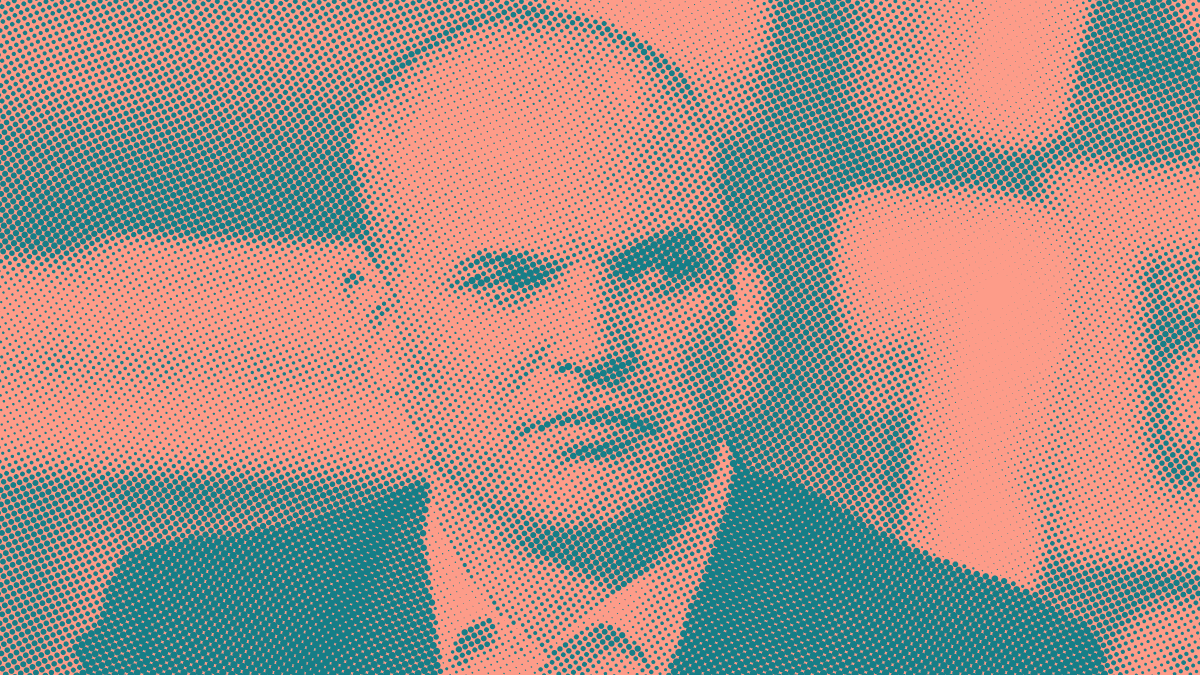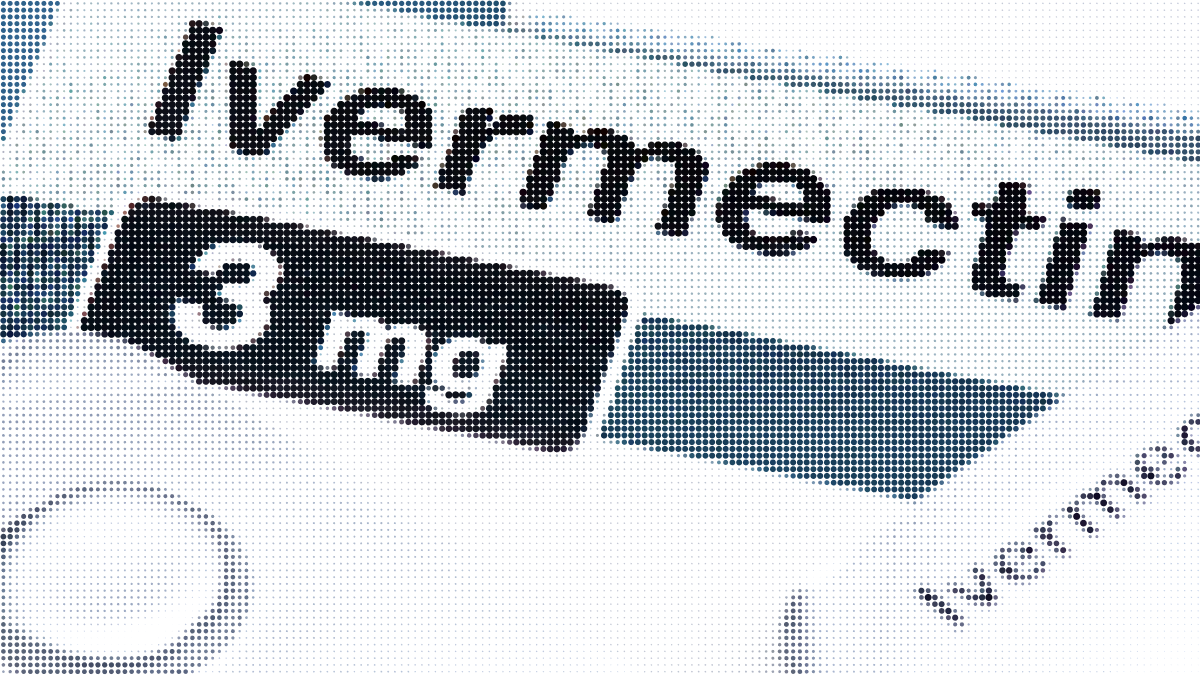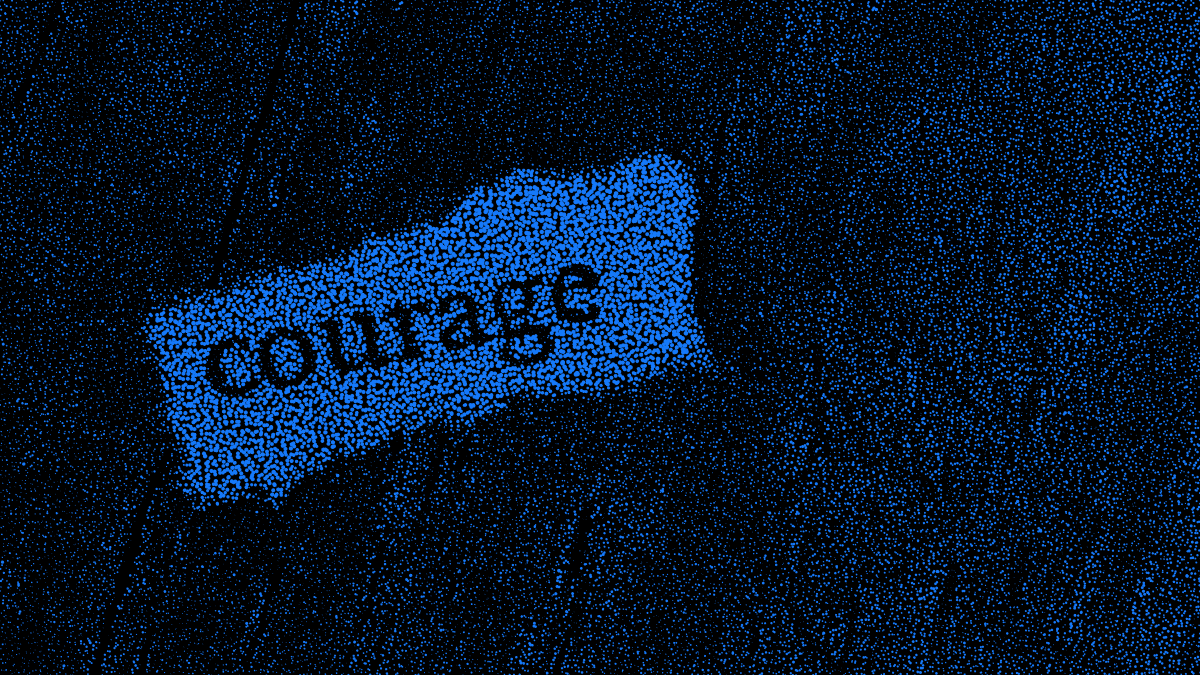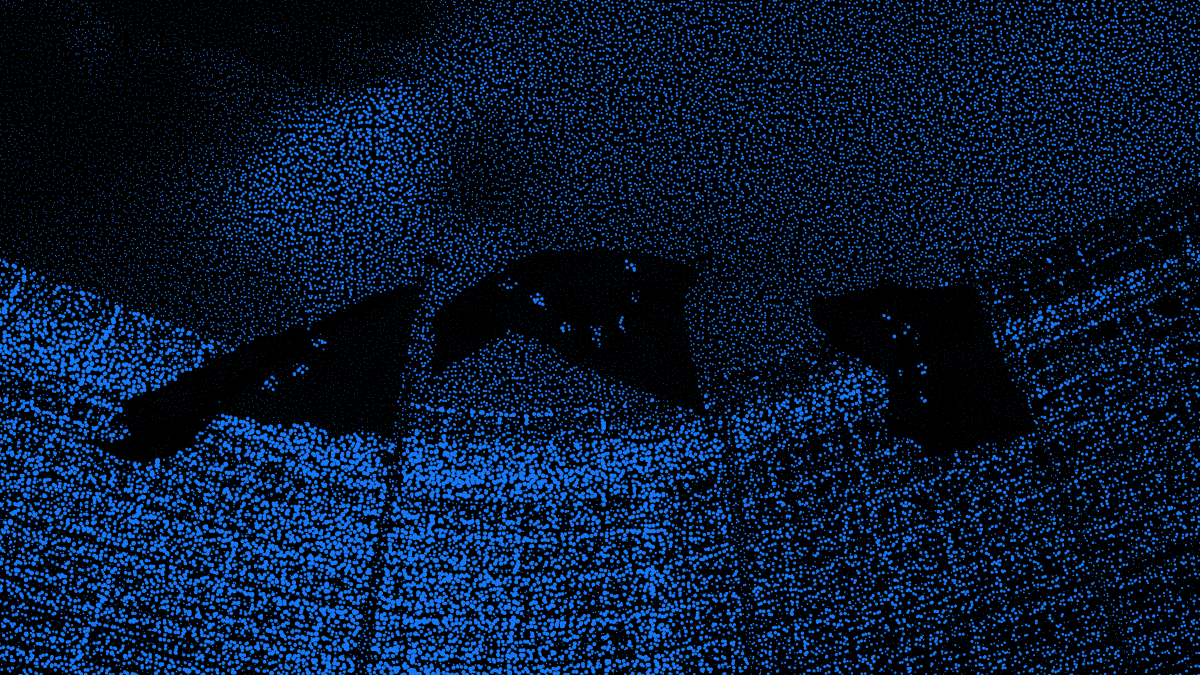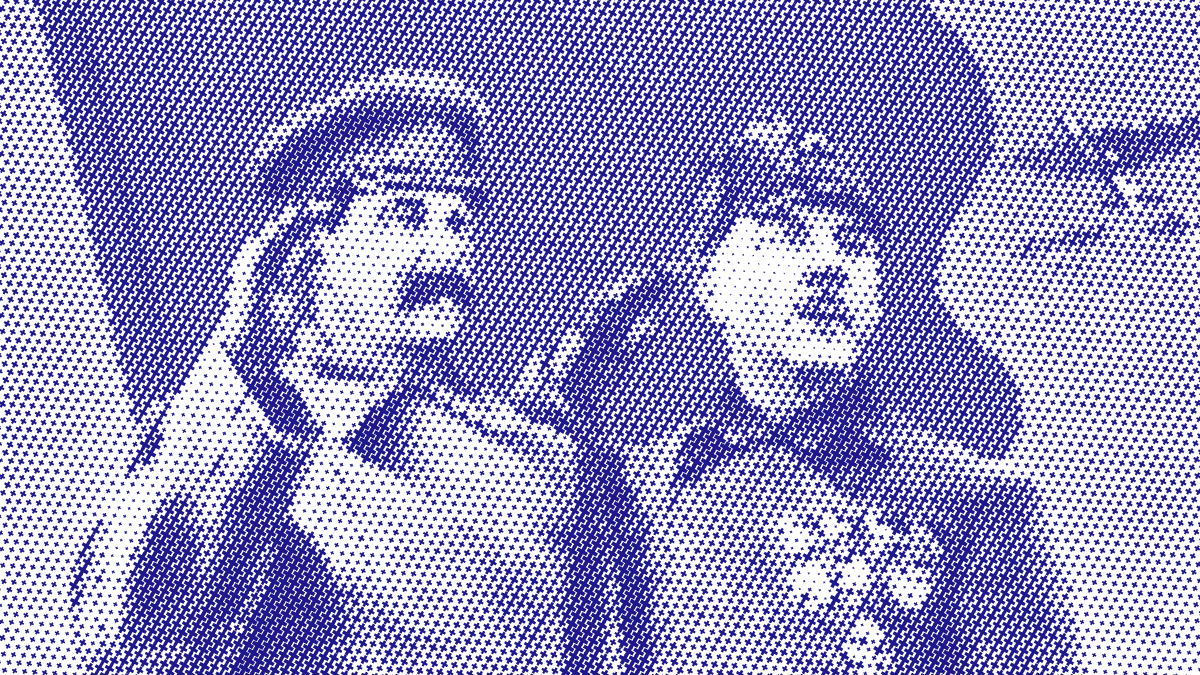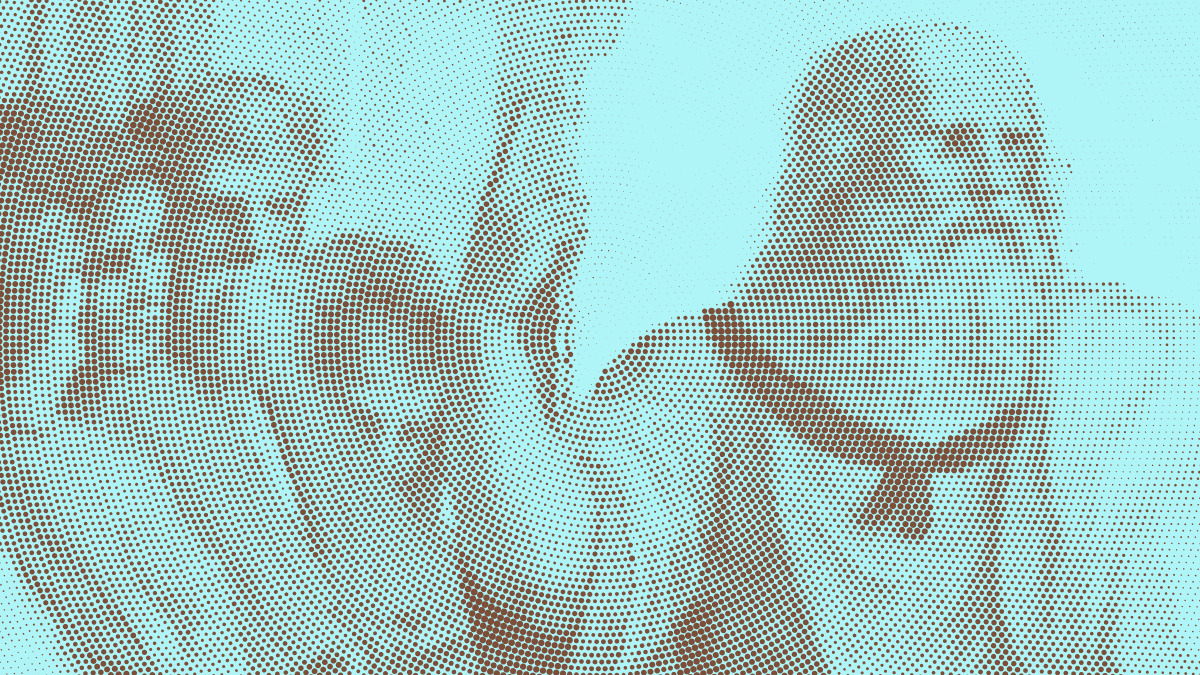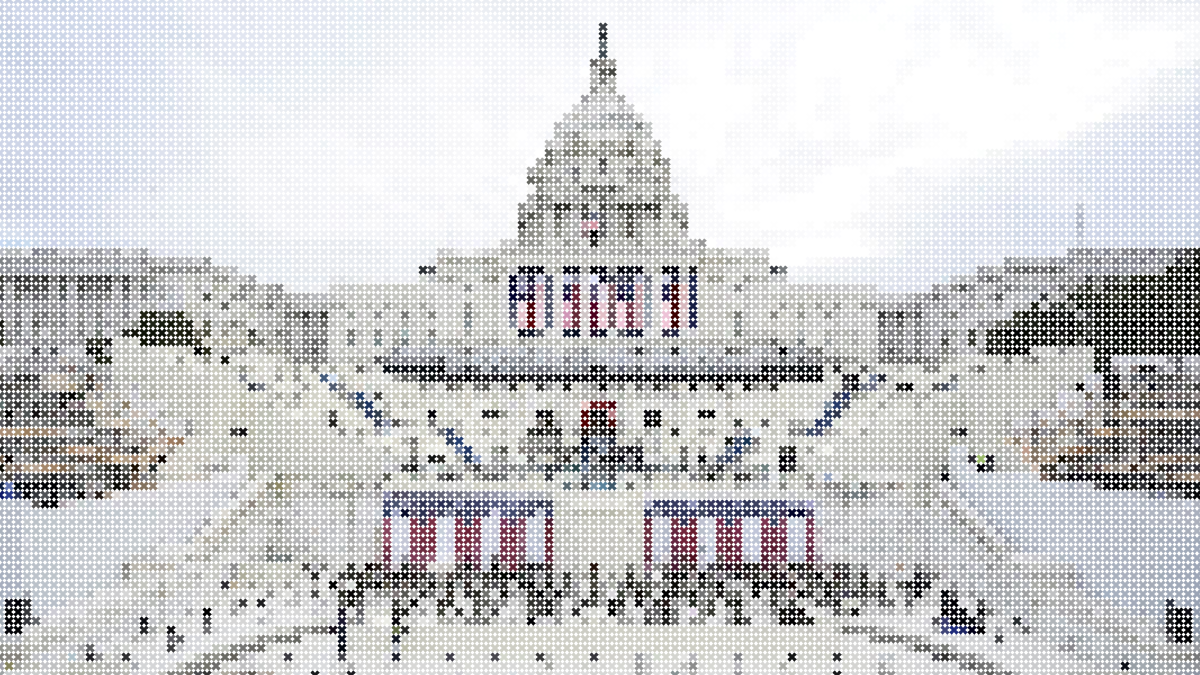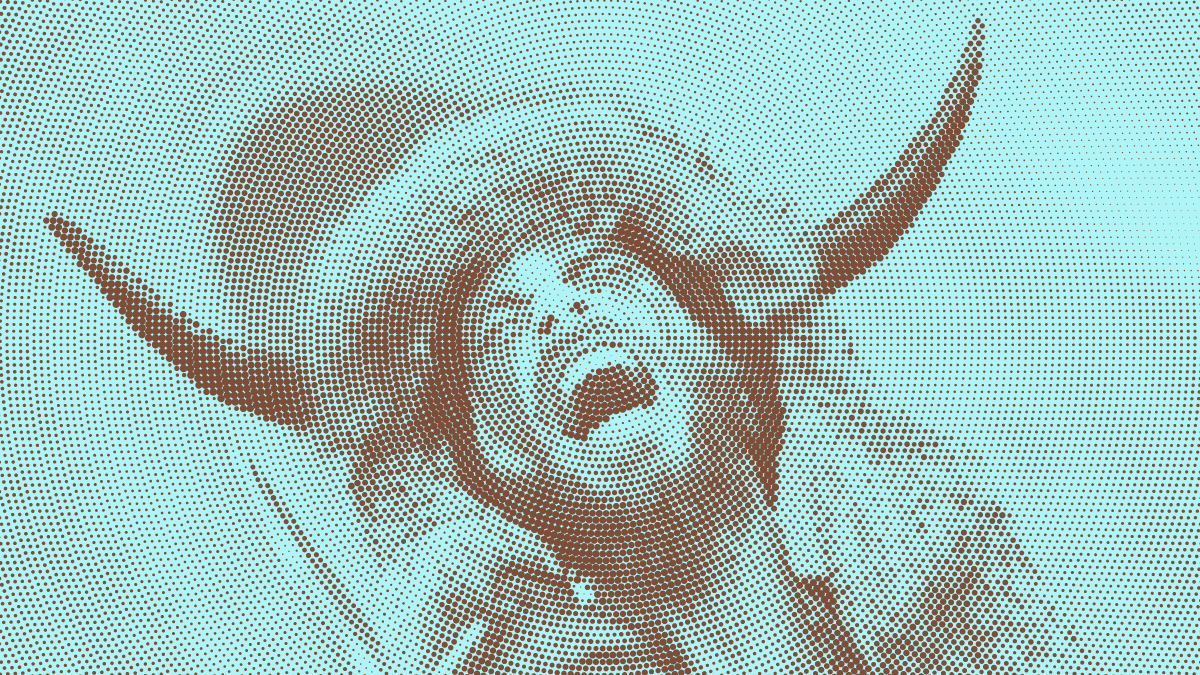What's more in your interest? Stopping Facebook from leeching off the private data of your life to further its monopoly or forcing it to censor your speech? And now take a guess which of the two politicians want to do and journalists are ecstatic about?
How can the hope of a new drug that might help fight COVID-19 get turned into bad news? Bad journalism, that's how. Let's look at how Matt Taibbi breaks it down in his exemplary writing on the topic.
You expect me to believe that the best funded, best trained, best organised and most experienced military in history left military arms behind in a hasty retreat that are worth more than the annual military budget of all but two countries on the globe? Seriously?
Again and again, so-called journalists in big media outlets exaggerate or even outright invent stories to scare or outrage the public. The audience just buys it wholesale and never notices when, a day or two later, it all turns out to be complete bullshit. Today's example: Ivermectin.
YouTube blocked one of my episodes, insulting my professional reputation and claiming that I was spreading misinformation about SARS-CoV-2 vaccines. They later admitted they were wrong, but refuse to tell me how such an egregious mistake can happen. Let's examine what behaviour like this means for freedom of speech and freedom of the press.
The EU copyright reform is now in effect in all member countries and with it comes the horrible idea of upload filters. Let's discuss why this is bad for journalism, already very much on its last legs, and free speech in general.
If we start to outlaw fake news, wo will decide what is fake and what is the truth? Do we trust the state? Should journalists do it? And what are we actually afraid of here?
Even though science is almost a pseudo-religion to many people these days, a lot of them don't really understand what the word means or how scientists work. And one of the biggest factors in this is that people do not understand a scientist's relationship to facts.
Donald Trump has left the White House and Joe Biden is now President. What does that mean for the future of the US and beyond? I look back at what happened with Trump and forward at the future with my guest Michael Mullan-Jensen.
After an angry mob stormed the US Capitol last week, Twitter and other social media companies embarked on an unprecedented power grab for control of the public's opinion.
